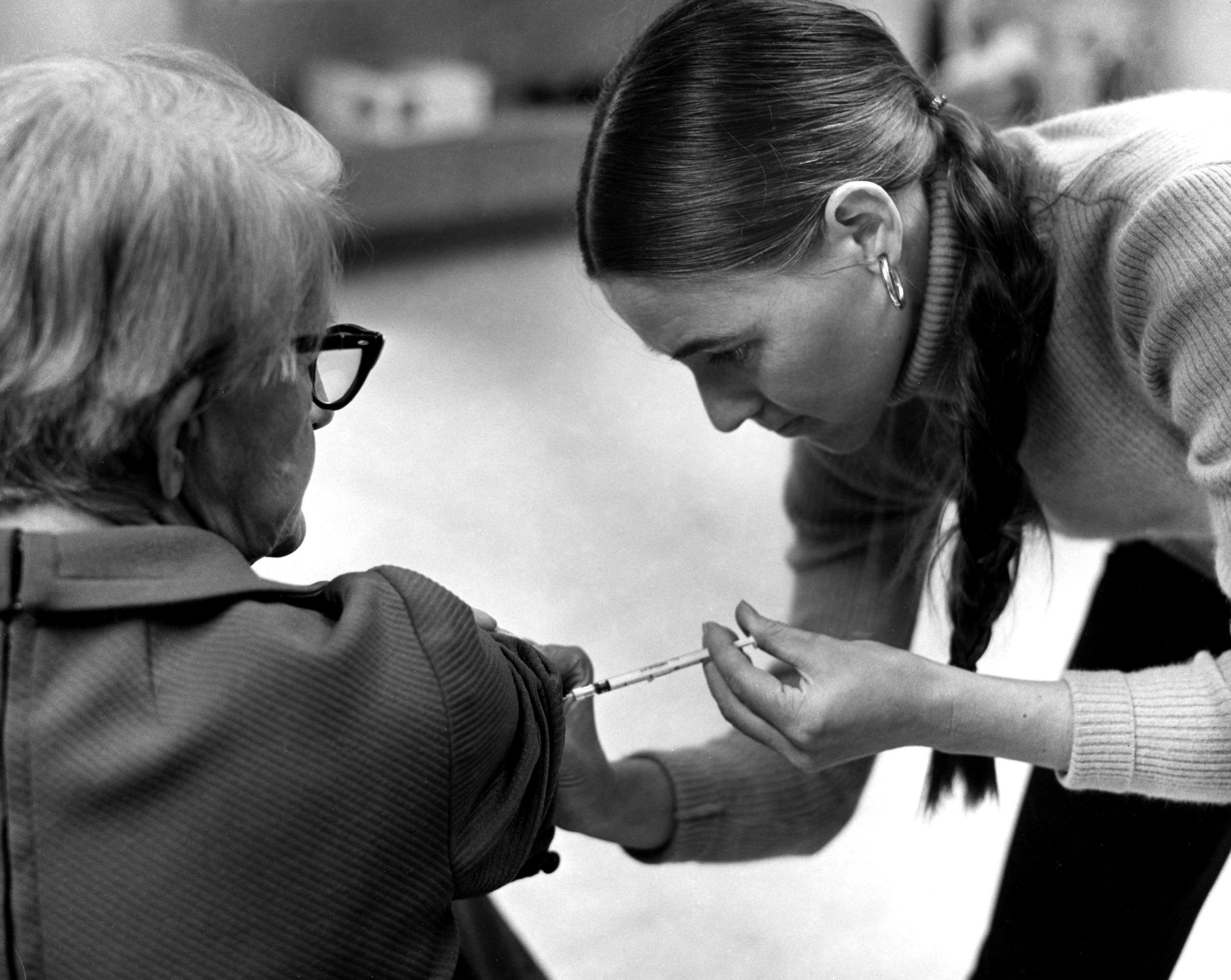The leaking of a report to TV2 this morning has dismayed nurses and doctors up and down the country.
According to Lønstrukturkomitéen, a committee appointed by the government in the autumn of 2021 to assess the wages of public sector professionals – partly in response to the nurse strikes earlier that year – are that healthcare workers are fairly paid.
Nurse salaries adequately reflect their managerial responsibilities, work experience and level of education (so-called LEU factors), the report concludes, while doctors, according to the same criteria, are perhaps paid too much.
It is bad news as the government will soon allocate 3 billion kroner in wage increases to public sector employees, and the Lønstrukturkomitéen findings, which will be made public in June, will influence its hand.
“It is a thorough report that won’t be ignored,” contended TV2 business expert Ole Krohn, who described the conclusions as sensational and surprising.
Good news for cleaners
The country’s nurses have long been campaigning against low wages, and not long ago they were handed a lifeline when PM Mette Frederiksen conceded it was hard to imagine them not getting a fair increase.
But the Lønstrukturkomitéen report spells out a cardiac arrest for all their endeavours.
The report finds in favour of childcare assistants, cleaning assistants and daycare workers, who all receive too little in pay, according to its conclusions.
Meanwhile, along with doctors, graduate engineers and IT employees are paid more than they should be.
“The nurses won’t be getting a huge slice of the cake of three billion kroner – a surprising conclusion in relation to the discussion that has taken place about the nurses’ salary,” commented Krohn.











